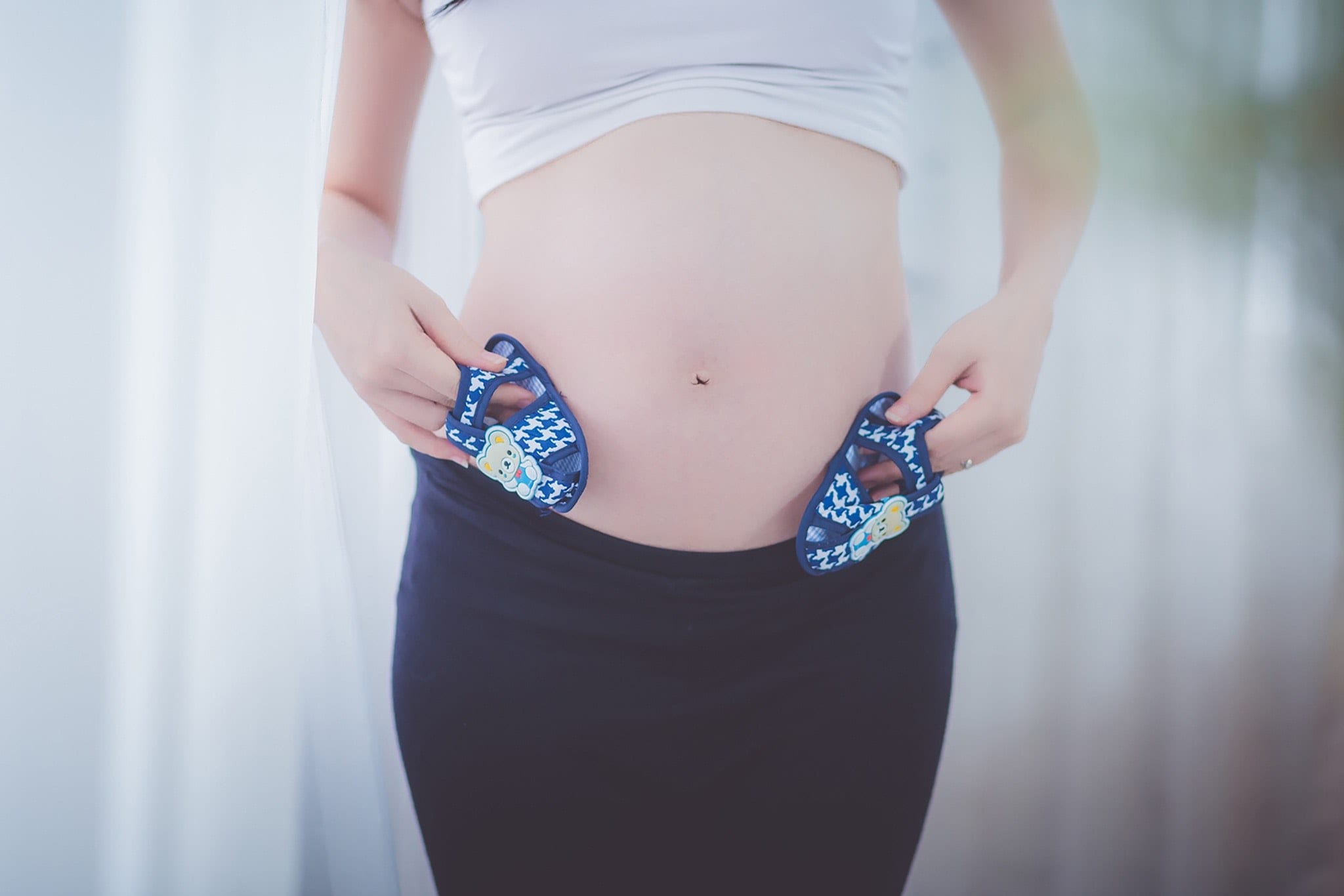
Drug and alcohol use during pregnancy has long been known to cause a range of birth defects and complications such as fetal alcohol spectrum disorders, preterm delivery, and neonatal abstinence syndrome. Now, the findings of a new study are suggesting that opioid abuse during pregnancy is linked to higher rates of babies being born with gastroschisis — a birth defect of the abdomen where the intestines protrude outside of the body through an opening near the belly button. The study reveals that the rate of babies born with gastroschisis in the U.S. is continuing to rise along with rates of opioid addiction.
The Link Between Opioid Abuse and Gastroschisis
Opioids are painkillers that slow down the functioning of the central nervous system. When used during pregnancy, opioids can enter the placenta to affect an unborn baby’s central nervous system. Opioids can interfere with the baby’s growth and development to cause one or more serious birth complications, including gastroschisis.
The latest report from the CDC reveals that rates of babies being born with gastroschisis are 1.6 times higher in U.S. counties with high opioid prescription rates. The report also shows that pregnant women aged 20 and under who use prescription opioids are more likely to give birth to babies with gastroschisis than women who are older than 20 years of age.
How Can Gastroschisis Be Treated?
Gastroschisis in unborn babies can be treated using surgery, during which the intestines are placed back into the body and sutures are used to repair and close the hole in the abdominal wall. However, though gastroschisis is treatable, babies born with this condition can remain in neonatal intensive care units for months following surgery, and may continue experiencing problems with eating, digestion, and food absorption for months, years, or indefinitely.
Treating Opioid Abuse Safely During Pregnancy
If you are pregnant and suffering from opioid dependence or addiction, understand that getting help as soon as possible can improve the outcome for both you and your unborn baby. Opioid use disorder can be safely and effectively treated using medication-assisted treatment with methadone or buprenorphine. These medications can reduce drug cravings and opioid withdrawal symptoms, and are safe to use during pregnancy.
Medication-assisted treatment during pregnancy is proven to reduce the risk for neonatal abstinence syndrome, stabilize fetal levels of opioids, and reduce incidents of prenatal withdrawal from opioids. Drug rehab centers often combine this treatment with therapies designed to change behaviors and thought-processes related to drug use. Behavioral therapies can also help moms in recovery build healthy life skills that can improve quality of life for both them and their babies.
Finding Drug Rehab for Pregnant Women
Pregnant women who need help recovering from opioid addiction can benefit from treatment at drug rehab centers that offer medical drug detox or medication-assisted treatment, along with a range of behavioral therapies. Pregnant women should also seek drug rehab centers that personalize treatments for each patient based on their addiction type and unique recovery needs.
America’s Rehab Campuses offer medical drug detox and medication-assisted treatment to help pregnant women safely recover from opioid dependence while facing a reduced risk for gastroschisis and neonatal abstinence syndrome. Contact us today at 833-272-7342 or fill out our confidential contact form to begin the treatment process.

